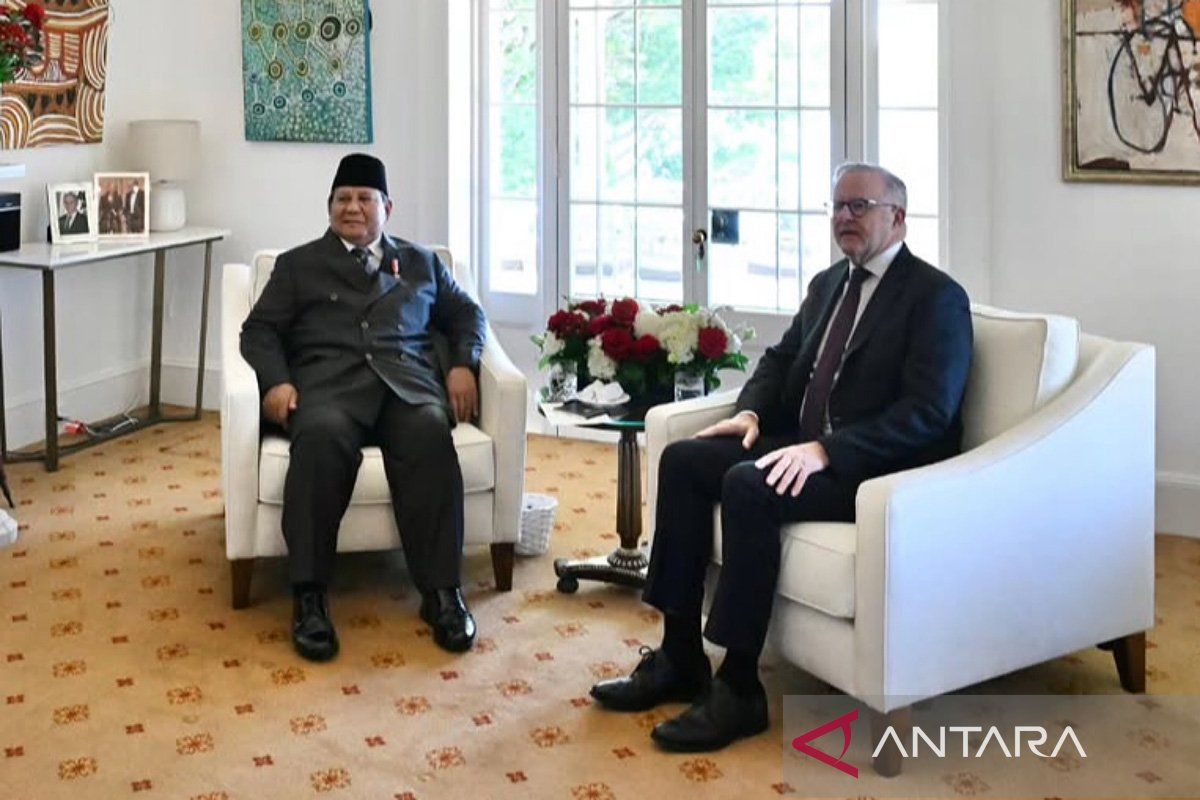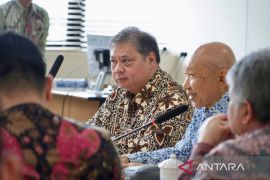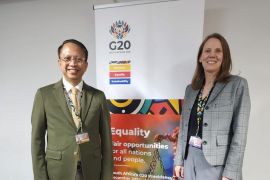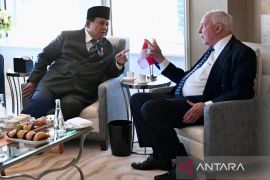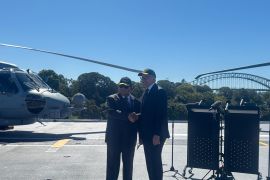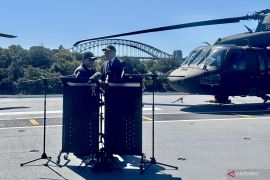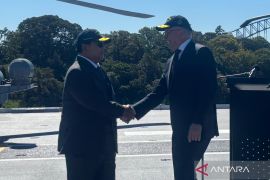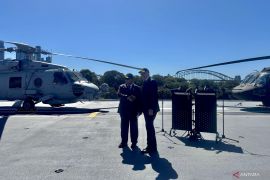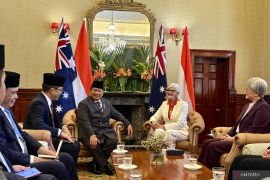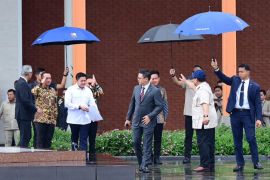Although the full details of the treaty, which is expected to be signed in January next year, have not yet been made public, Prime Minister Albanese outlined its core aspects.
He stated that the new agreement will commit Australia and Indonesia to consult regularly at the leader and ministerial levels on security matters, to identify and undertake mutually beneficial security activities, and, should either or both countries’ security be threatened, to consult and consider what measures may be taken—either individually or jointly—to address such threats.
This new treaty strongly echoes the historic security agreement signed during the Suharto and Keating governments in 1995, which was later dissolved following the East Timor crisis.
The three central elements of the new treaty closely resemble the key provisions of the 1995 Agreement, which included commitments to consult regularly on matters affecting common security, to consult and consider joint or individual measures in the face of challenges to either party, and to promote mutually beneficial cooperative activities in the security field.
It is clear that this upcoming defense treaty represents an effort to revive the spirit of the 1995 Agreement, a period often regarded as one of the warmest phases in Indonesia–Australia relations. The timing of this announcement underscores that bilateral ties between Jakarta and Canberra are currently at an all-time high.
With both countries facing an increasingly complex geopolitical environment marked by rising tensions in regional territorial disputes and growing rivalry between the United States and China, it is timely for Indonesia and Australia to strengthen their defense cooperation to better enable collective responses to shared regional security challenges.
However, it must be understood that this upcoming agreement is not a mutual defense treaty. Neither Prime Minister Albanese nor President Prabowo has made any reference to mutual defense clauses, and given Indonesia’s longstanding “free and active” foreign policy, it remains highly unlikely that Jakarta would commit to any formal military alliance.
Nevertheless, the significance of this treaty should not be understated. The fact that both countries are committing to consult and consider possible measures—whether individually or jointly—in response to security threats is noteworthy.
It signals that Indonesia and Australia are increasingly intent on addressing regional security challenges together, opening the door to deeper cooperation and, should circumstances demand it, even coordinated responses.
This framework of consultation and potential joint action bears resemblance to the Five Power Defence Arrangements (FPDA), which underpin Australia’s defense cooperation with Malaysia and Singapore, both of which are fellow Commonwealth members.
While this agreement can rightly be seen as a “watershed moment” in Indonesia–Australia relations, a measure of caution is warranted against over-optimism. Beyond the absence of a mutual defense commitment, this treaty is unlikely to signify any major alignment of Indonesia toward Australia or the West more broadly.
Since taking office in October last year, President Prabowo Subianto has pursued a diversified foreign policy that engages with both western and eastern powers.
Included within this is the deepening of defense ties with both China and Russia. More recently, news has emerged of Jakarta potentially purchasing missile boats, frigates, and fighter jets from China, despite Beijing posing a potential security threat in the North Natuna Sea.
At the same time, Jakarta and Moscow continue to maintain warm ties in defense, with both countries set to hold major naval exercise Orruda 2026 off the coast of Far Eastern Russia. All of this highlights that despite the upcoming landmark defense treaty between Indonesia and Australia, it should not be misinterpreted as signs of a major pivot in Indonesia’s strategic orientation.
Instead, what this treaty truly represents is the excellent state of relations between Indonesia and Australia, especially under President Prabowo’s leadership.
In 2024, while serving as Defense Minister, Prabowo signed the landmark Indonesia–Australia Defence Cooperation Agreement, reflecting the growing closeness between the two nations’ defense establishments.
It is evident that both President Prabowo and Prime Minister Albanese are committed to maintaining and deepening this relationship, with the upcoming treaty—planned for signing in January—set to elevate bilateral cooperation to a new level.
*)Muhammad Teguh Ariffaiz Nasution is a defense and security researcher at The Horizon Indonesia. He graduated with a Master of Strategic Studies from The Australian National University.
The views and opinions expressed on this page are those of the author and do not necessarily reflect the official policy or position of ANTARA News Agency.
Copyright © ANTARA 2025
